Chileans are heading to the polls on Sunday for a presidential election, marking the first mandatory vote since 2012. Around 15–16 million citizens are eligible to vote, including a large number of first-time and younger voters.
Citizens who fail to vote without a valid excuse face fines.
The presidential election comes alongside a full renewal of the 155-member lower house of Congress and 23 of the 50 Senate seats. The outcome could reshape Chile’s legislative balance and influence future constitutional reforms.
The presidential race pits the governing leftist coalition against a field of right-wing and libertarian candidates. Leading the polls is Jeannette Jara of the Communist Party, representing the leftist coalition. Her campaign focuses on labor rights, security, and expanding Chile’s lithium and copper industries.
Right-wing candidates include José Antonio Kast, a former three-time presidential contender emphasizing immigration controls and security; Johannes Kaiser, a libertarian candidate advocating border closures, state spending cuts, and leaving the Paris Agreement; and Evelyn Matthei, a moderate conservative and former labor minister with a focus on economic and security issues.
Crime and immigration have emerged as key voter concerns in the campaign. Analysts note that younger voters are seen as unpredictable, less ideological, and more focused on practical issues.
The election follows a history of low voter turnout in Chile. In the first round of the 2021 presidential election, the abstention rate was 53 percent. The mandatory vote is intended to increase participation, particularly among younger generations.
Experts suggest that no candidate is expected to secure an outright majority, which is likely to trigger a run-off on 14 December. The legislative vote could also reshape Chile’s Congress. If right-wing candidates win the presidency and secure majorities in both chambers, it would mark the first time since the end of the Pinochet’s rule in 1990 that the right controls the executive and legislative branches, potentially enabling significant policy or constitutional changes.
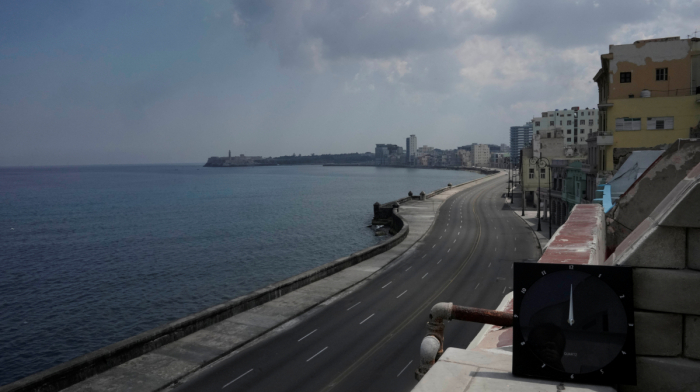

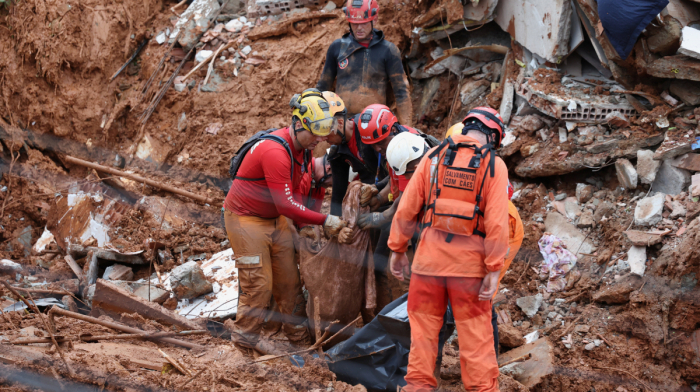
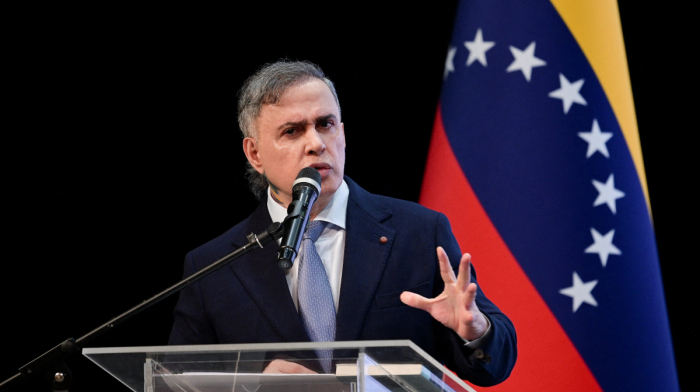
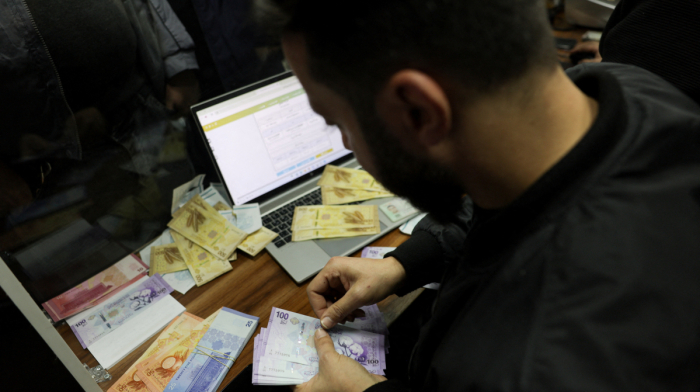

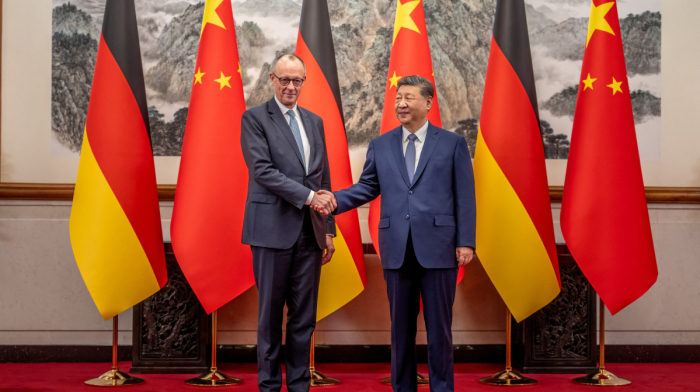
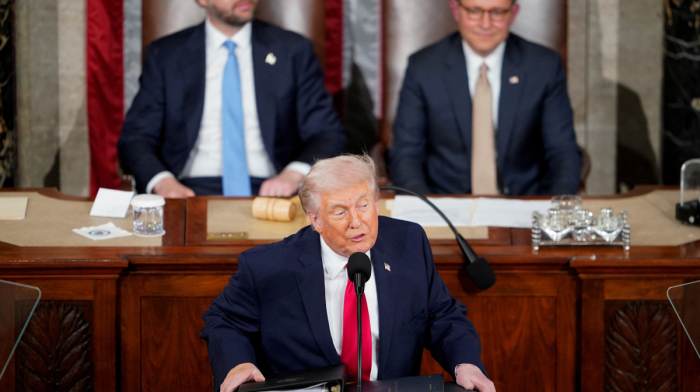
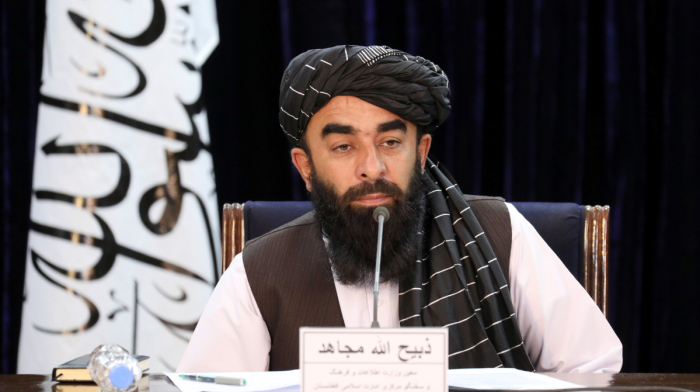


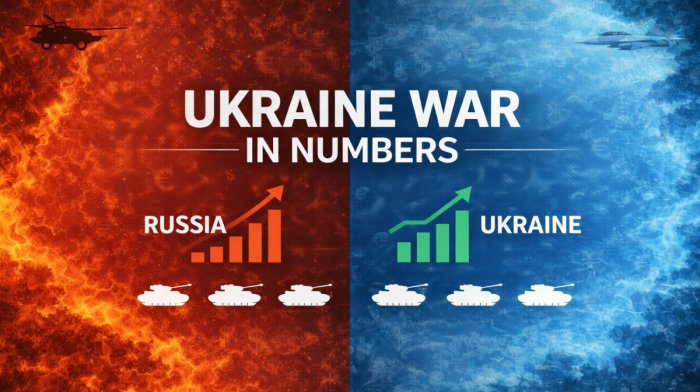
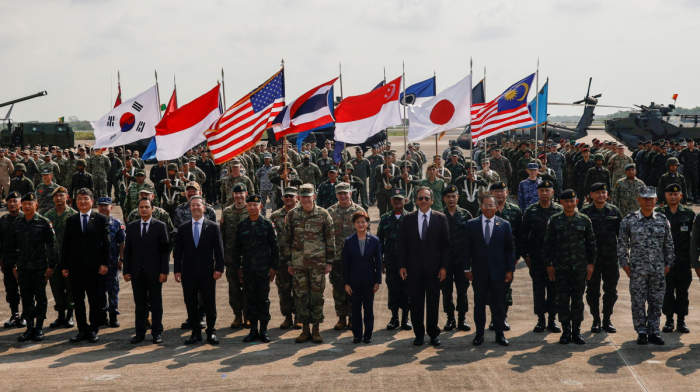
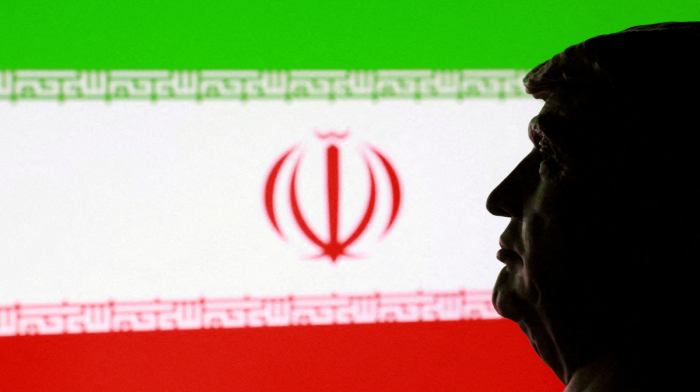



What is your opinion on this topic?
Leave the first comment